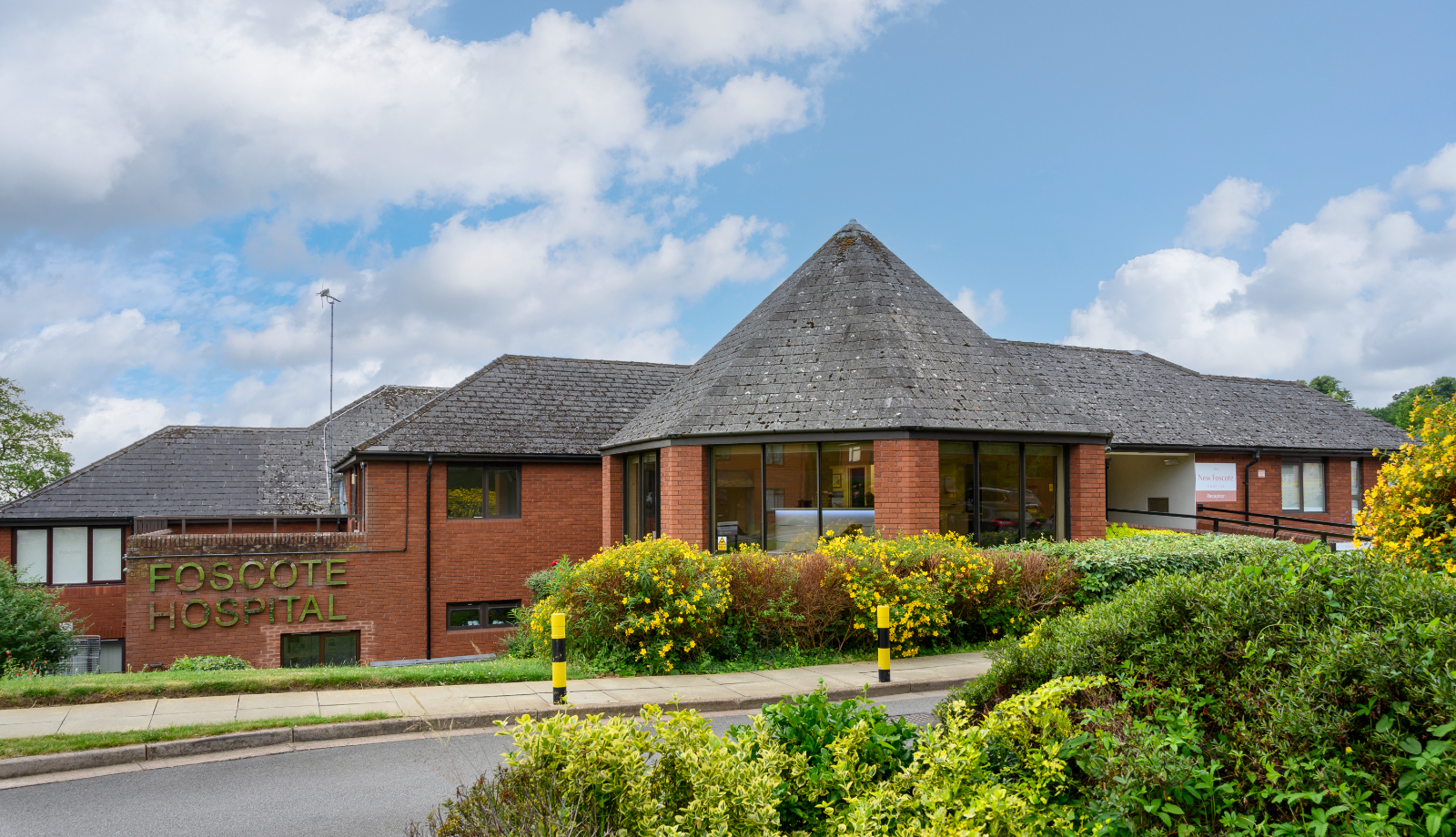Contents
Chiari malformation
Chiari malformation is a structural condition in which the lower part of the brain (cerebellar tonsils) extends through the opening at the base of the skull, crowding the top of the spinal canal. Type I is by far the commonest and the one typically seen in adults.
Studies suggest Chiari I affects roughly 1 in 1,000–5,000 people, and it is diagnosed more often in women.
Symptoms
Many people remain symptom-free, but typical features include:
- Occipital or “pressure” headaches, often brought on by coughing or straining
- Neck pain and stiffness
- Dizziness, balance problems or vertigo
- Numbness, tingling or weakness in the arms or legs
- Visual disturbance (blurred or double vision) or sensitivity to light
- Swallowing difficulty, hoarseness or ringing in the ears
- Problems linked to syringomyelia (a fluid-filled cavity in the spinal cord), such as hand clumsiness or bowel/bladder changes
Causes & Risk Factors
Factors you cannot change
- Congenital skull-base anatomy
- Female sex (≈ 60 % of cases)
- Family history (rare)
Factors you can influence
- Repetitive heavy straining or contact sport may bring symptoms forward
- Early diagnosis and physiotherapy can limit secondary problems
- Treating associated conditions such as hydrocephalus
When To Seek Medical Advice
Arrange an assessment with a specialist if you experience:
- Headaches triggered by coughing, sneezing or laughing
- Progressive numbness, weakness or balance loss
- New bladder or bowel problems
- Unexplained scoliosis picked up on X-ray
Prompt review helps to prevent irreversible spinal-cord damage.
Diagnosis at The New Foscote Hospital
- Consultant neurosurgeon appointment – see one of our consultants without a wait.
- On-site MRI – high-resolution brain and cervical-spine scanning pinpoints tonsillar descent and any syrinx (Imaging Department)
- CSF-flow studies & upright cine MRI – available where indicated to plan surgery.
- Multidisciplinary review – imaging, neurosurgery, pain management and physiotherapy teams meet to tailor your care.
Treatment Options
Non-Surgical
- Active monitoring – repeat MRI and neurological review if symptoms are mild or absent.
- Prescription pain management – delivered by our Pain-Management team.
- Specialist physiotherapy – posture, core-strength and balance work with our Physiotherapy team.
- Treatment of associated conditions – ventriculo-peritoneal shunt for hydrocephalus, scoliosis bracing.
Surgical
- Posterior fossa decompression (PFD) – removal of a small section of skull and, when necessary, cervical lamina to restore CSF flow.
- PFD + duraplasty – opening and patch-widening of the dura for extra space.
- PFD + tonsillar resection (PFDRT) – may offer higher syrinx-resolution and symptom-improvement rates (≈ 79 % vs 57 % at six months).
- Endoscopic or minimally invasive decompression – for selected cases.
Why Choose The New Foscote Hospital?
- Consultant-delivered care at every stage – no junior-led clinics.
- Integrated pathway: advanced MRI, day-case or short-stay neurosurgery and outpatient rehab all under one roof in Banbury.
- Modern laminar-flow theatres with intra-operative neuromonitoring.
- CQC-rated “Good” private hospital with ensuite rooms and on-site parking.
- Dedicated patient-co-ordinators to arrange appointments around your life.
Frequently Asked Questions
Is every Chiari I malformation treated with surgery?
No. If you have minimal or no symptoms, we often monitor with yearly MRI and review; surgery is recommended when pain, neurological deficit or syringomyelia progress.
What are the risks of decompression?
All brain surgery carries small risks of CSF leak, infection, or neurological deficit (overall serious-complication rate < 5 % in experienced centres). The majority of patients report headache improvement and better quality of life.
Will the condition come back after surgery?
Recurrence is uncommon but possible if scar tissue reforms. Long-term studies show durable benefit in > 80 % of cases ten years after PFD.
Ready to relieve the pressure?
Phone 01295 252 281 or contact us to discuss your options.

9 July 2025
